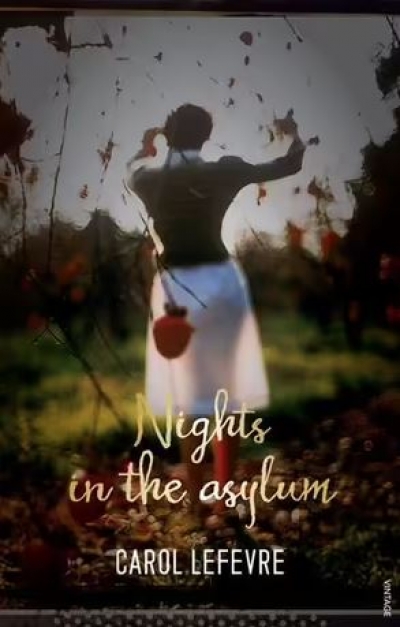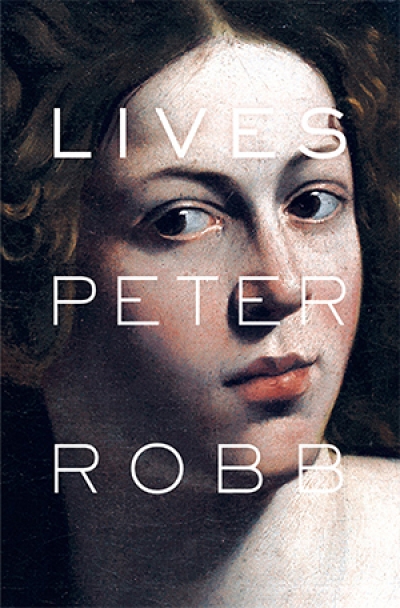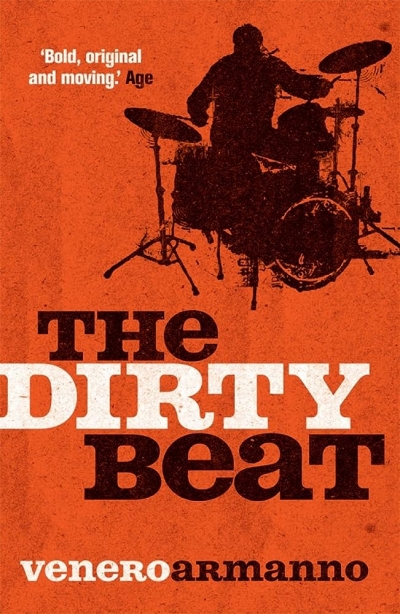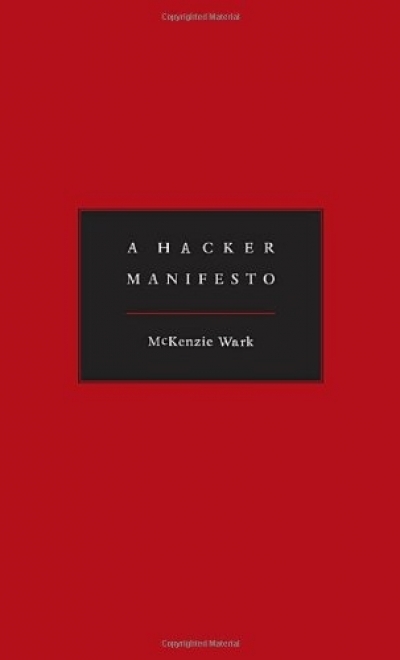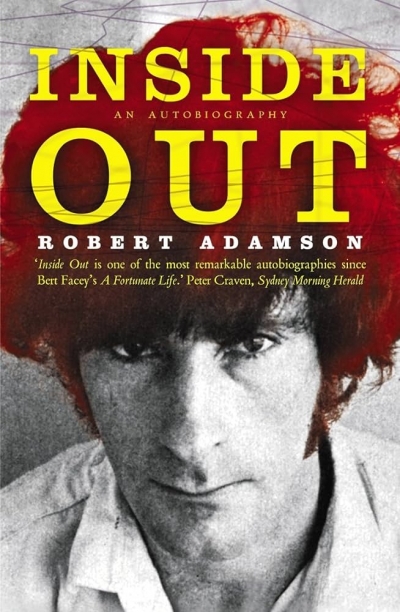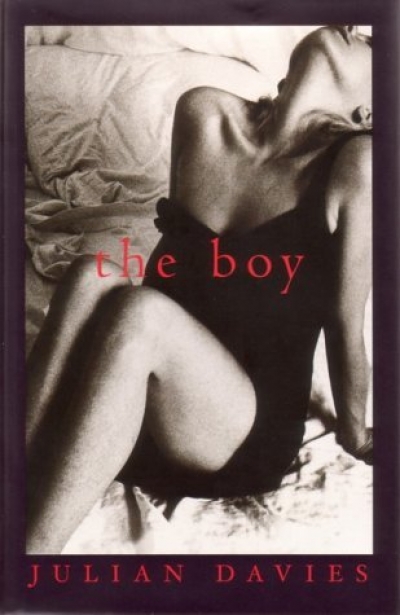Owen Richardson
The Pale King: An Unfinished Novel by David Foster Wallace
by Owen Richardson •
Vale Byron Bay by Wayne Grogan & Tuvalu by Andrew O’Connor
by Owen Richardson •
Owen Richardson’s review of D.B.C. Pierre’s novel Ludmila’s Broken English (ABR, May 2006) was a bit harsh – not to mention mean-spirited and way off the mark. As a Texan, I can tell you that Pierre nailed the big-haired women who surrounded Vernon. I, for one, was immediately transported back to small-town Texas. Pierre has the most unique voice I’ve read in a long, long time. ‘Sophomoric and tritely executed satire’? No. It is very funny, it is original and it rings true.
... (read more)
